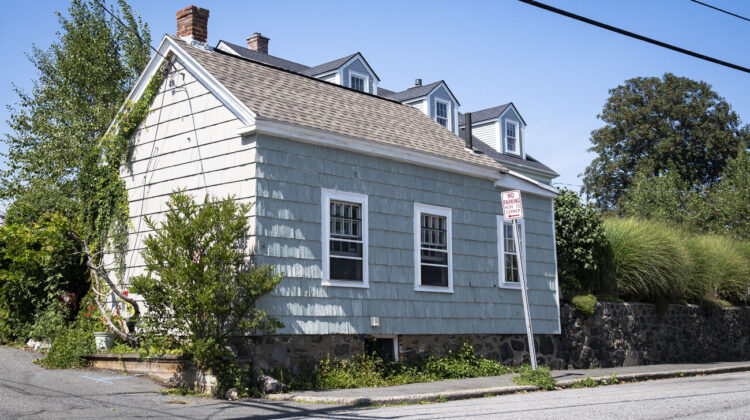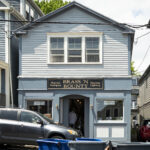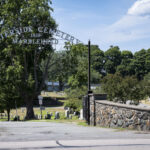For longer than I would like to admit, I believed that the word “cordwainer” had to do with making ropes or, well, cords. In fact, I just assumed that a cordwainer wained cord… whatever that meant.
I believed this for so long because “cordwainer” does not come up very often in my day-to-day life. But when you deal in New England history — Marblehead history, in particular — like I do, you end up coming across the word more often. Throughout history, many Marbleheaders were employed as cordwainers — but what does this mean?
Eventually, curiosity got the best of me, and I looked up what cordwainers did.
It has nothing to do with cords and everything to do with the Spanish.
The word “cordwain” comes all the way from the Old French word “cordoan,” which refers to the leather from Córdoba, Spain.
According to Michelle O’Malley’s article “A Pair of Little Gilded Shoes: Commission, Cost, and Meaning in Renaissance Footwear,” cordovan leather, made of goat skin, was sought after for its reddish color and impermeability. As such, “cordovan leather” or “cordwain” became the catch-all term for high-quality Spanish leather.
“Cordoan” eventually became the word “cordonnier” in French, which means shoemaker. As for the word’s journey into English, “cordoan” went through a few variations before becoming “cordewaner” in Middle English and eventually “cordwainer.”
That is how, hundreds of years later, I come across a document in the Massachusetts Cultural Resource Information System that talks about 116 Front St. potentially having been a “small cordwainer’s shop.”
There are two points that support there being a cordwainer shop on Front Street.
The first is that, on deeds and other real-estate documents about 116 Front St., there is a line that reads, “Being all that certain shoemakers shop situated by the corner of Circle and Front Street…”
The second is that Front Street used to be a more industrial part of Marblehead. MACRIS documents state that Front Street was the home to many commercial buildings like wheelwrights, fishing-related buildings, and cordwainer shops. The likeliness that 116 Front St. could have been a cordwainer’s shop is high.
I hope, as I do every week, that you, reader, have been able to learn something — if not about 116 Front St., at least about the etymology of the word “cordwainer.”





